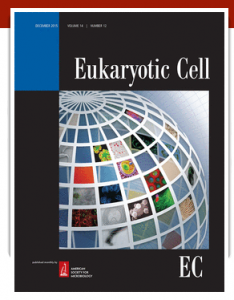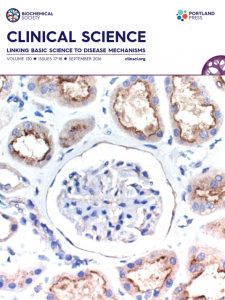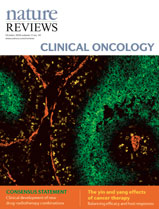 A cancer biologist has retracted a 2016 News & Views article in a Nature journal, alleging that the journal tried to censor his writing by asking him to remove passages that criticized another journal (Cell).
A cancer biologist has retracted a 2016 News & Views article in a Nature journal, alleging that the journal tried to censor his writing by asking him to remove passages that criticized another journal (Cell).
Carlo Croce, the sole author of the article in Nature Reviews Clinical Oncology from Ohio State University in Columbus, described the journal’s actions to us as “disgusting” and “worrisome.”
A spokesperson from the journal sent us this statement:
We regret that this situation occurred. We cannot comment beyond the retraction notice.
This isn’t Croce’s first retraction (we just found another recent one, in the Journal of Biological Chemistry, over image problems). He’s also co-authored multiple papers with Alfredo Fusco, a cancer researcher in Italy who has nine retractions under his belt, and is undergoing criminal investigation for scientific misconduct.
Here’s the retraction notice, published in Nature Reviews Clinical Oncology on October 4: Continue reading Cancer biologist says Nature journal “censored” his News & Views, retracts it
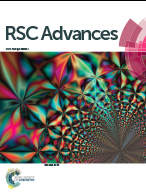 A journal has issued an expression of concern (EOC) for a cancer study after the publisher received what it called a “credible” tip that its results may not be reliable.
A journal has issued an expression of concern (EOC) for a cancer study after the publisher received what it called a “credible” tip that its results may not be reliable. 

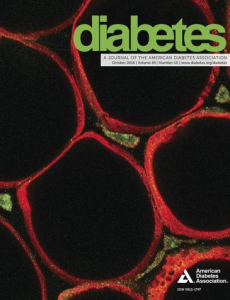


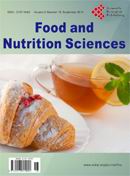 Earlier this year, a nutrition journal
Earlier this year, a nutrition journal 